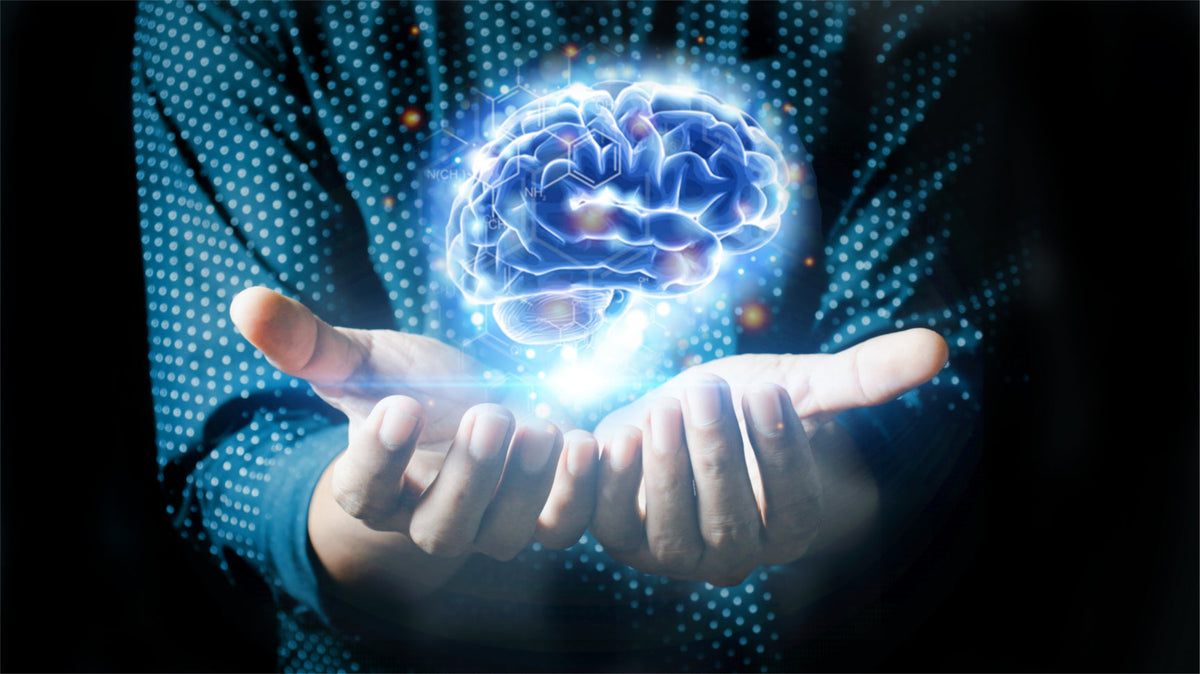
Table Tennis and Brain Health: Cognitive Benefits of the Sport
|
|
Time to read min
|
|
Time to read min
Table tennis, also known as ping pong, is not only a fun and fast-paced sport but also a great way to boost brain health. Beyond its physical benefits, table tennis offers numerous cognitive advantages that can positively impact brain function and overall mental well-being. In this article, we will explore the cognitive benefits of playing table tennis and delve into how this exciting sport can enhance brain health.
Table tennis requires keen focus and concentration to track the fast-moving ball, anticipate shots, and react quickly. Engaging in regular table tennis sessions can sharpen your focus and enhance your ability to concentrate on the task at hand. This increased focus can extend beyond the table tennis court and positively impact your daily life, such as improving productivity at work or enhancing academic performance.
Table tennis is a sport that demands quick reflexes and rapid decision-making. The fast-paced nature of the game requires players to react swiftly to incoming shots and make split-second judgments. Regular practice in table tennis can improve your reflexes and reaction time, enabling you to react faster in various situations both on and off the table.
Hand-eye coordination is a fundamental skill in table tennis. The sport involves precise hand movements and precise timing to strike the ball with accuracy. By continuously practicing table tennis, you can refine your hand-eye coordination skills, which can have a positive impact on other areas of your life that require precise motor skills and coordination.
Table tennis is not just about hitting the ball back and forth; it also involves strategic thinking and tactical decision-making. Players need to anticipate their opponent's moves, analyze patterns, and adapt their playing style accordingly. This mental agility and strategic thinking can enhance problem-solving skills, improve cognitive flexibility, and foster a proactive mindset in various aspects of life.
Playing table tennis requires remembering opponents' playing styles, shot sequences, and strategies. By engaging in regular table tennis matches and practicing against different opponents, you can enhance your memory skills. Remembering and recalling information under pressure can contribute to improved memory function in everyday life situations as well.
Engaging in physical activities, including table tennis, triggers the release of endorphins, also known as the "feel-good" hormones. These chemicals promote a positive mood, reduce stress levels, and contribute to overall mental well-being. The social aspect of table tennis, playing with friends or participating in tournaments, can further enhance the positive effects on mental health by fostering social connections and creating a sense of community.
Table tennis is not just a recreational sport; it also offers significant cognitive benefits that can enhance brain health. The combination of focus, hand-eye coordination, reflexes, strategic thinking, and memory enhancement contributes to improved cognitive function and mental well-being. By incorporating table tennis into your regular routine, you can enjoy the cognitive advantages while having fun and staying physically active. So grab a paddle, find a partner, and start reaping the cognitive benefits of table tennis today!
As an Amazon Affilliate, TrueTableTennis may receive commisions for qualifying purchases made through the links and buttons displayed on this website.